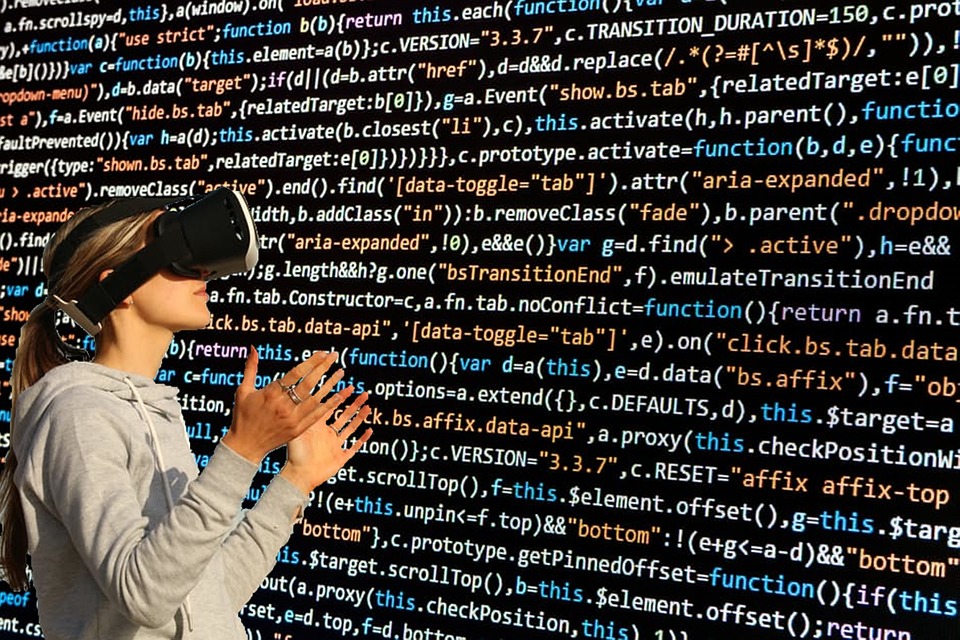Music composition has always been a constantly evolving art form. From the classical symphonies of Beethoven to the experimental sounds of modern electronic music, composers have consistently pushed the boundaries of what is possible in music. As we look into the future of 2024, it is exciting to imagine the new techniques and technologies that will shape the world of music composition.
One of the most significant advancements in music composition in recent years has been the integration of artificial intelligence (AI) into the creative process. AI algorithms have been developed that can analyze existing musical compositions and create new pieces based on established patterns and styles. This has opened up a world of possibilities for composers, allowing them to explore new musical territories and experiment with different genres.
In 2024, we can expect AI to play an even larger role in music composition. As AI algorithms become more sophisticated, they will be able to generate compositions that are not only influenced by existing music but also incorporate new and unique elements. This will lead to the creation of music that is truly innovative and unlike anything we have heard before.
Furthermore, AI will not only assist in the creation of music but also in the production process. In the future, composers will be able to use AI-powered software to fine-tune their compositions, making it easier to experiment with different sounds and arrangements. This will save time and effort, allowing composers to focus more on the creative aspects of their work.
Another exciting development in music composition is the rise of virtual reality (VR) and augmented reality (AR) technologies. These technologies have already made a significant impact in the gaming and entertainment industries, and it is only a matter of time before they revolutionize the way we experience and create music.
Imagine being able to step into a virtual concert hall and experience a symphony in a whole new way. With VR and AR, composers will have the ability to create immersive musical experiences that go beyond traditional audio. They will be able to incorporate visual elements, interactive elements, and even haptic feedback to enhance the emotional impact of their compositions.
Additionally, VR and AR will also provide new avenues for collaboration among musicians. Composers will be able to connect with musicians from around the world and work together in virtual environments, breaking down geographical barriers and allowing for the creation of truly global compositions.
Lastly, advancements in technology will continue to push the boundaries of what is possible in music composition. From new software and hardware instruments to innovative recording and production techniques, composers will have a vast array of tools at their disposal. This will allow them to explore new sounds, experiment with unconventional techniques, and create music that pushes the boundaries of the human imagination.
In conclusion, the future of music composition in 2024 looks promising and exciting. With the integration of AI, VR, and AR technologies, composers will have endless possibilities to explore and create music that is truly groundbreaking. As technology continues to evolve, we can only imagine the new techniques and possibilities that lie ahead for music composition. The future is bright, and the world of music composition is ready to embark on a new era of innovation and creativity.

